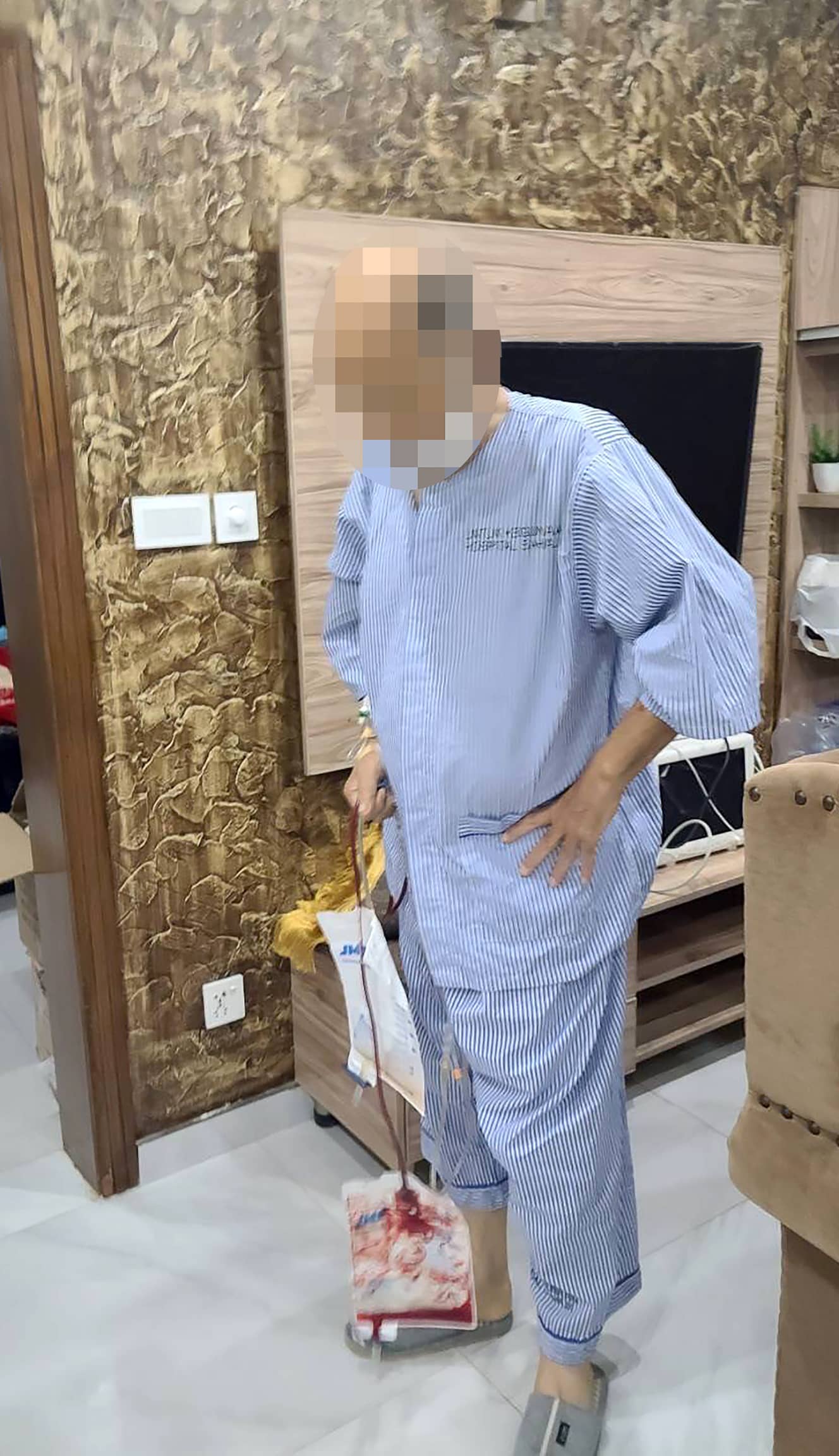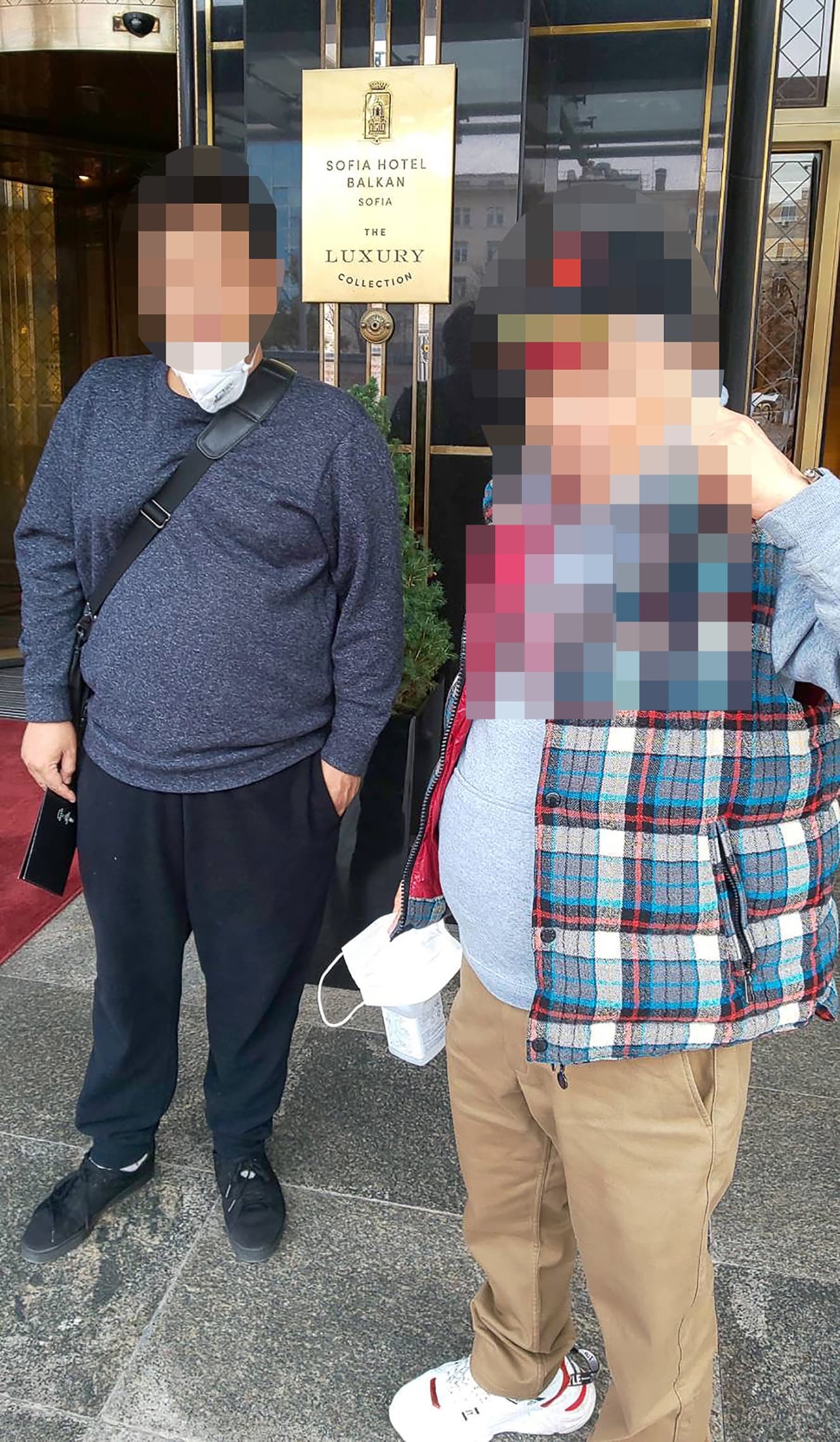Dying Immediately After Surgery…Survivors Reveal the Reality of “Black Market Organ Transplants” Abroad
Unable to endure the long waiting lists in Japan, transplant recipients in Pakistan and Bulgaria decided to undergo transplants.
13,753 people.
This is the number of kidney transplant applicants registered with the Japan Organ Transplant Network as of January 2010. In the past year, 125 people received kidney transplants. The average waiting time for a transplant is said to be 15 years.

The only curative treatment for chronic kidney failure is transplantation. If they wait their turn in Japan, they will die before receiving a transplant.
My uncle died less than a month after returning to Japan. When he returned to Narita, he was wearing a local diaper that looked like a plastic bag from a supermarket and was covered in feces and urine.
The man who speaks without strength is the nephew of Mr. H (aged 71), a resident of the Kansai region who passed away last December. Mr. H, who had been suffering from kidney failure for a long time, used his smartphone to search for an overseas transplant organization and made his own request.
In July of last year, the broker contacted Mr. H and told him that a donor had been found. The donor was located in Pakistan, and the total cost was 55 million yen. More than half of the cost is believed to be the brokerage fee to the organization. The donor arrived in Islamabad, the capital of Pakistan, on October 12, 2011. He underwent surgery two days later, on October 14.
After the surgery, the broker frequently sent me videos and photos of my uncle. I guessed it meant that the surgery had gone well, but I thought it was strange at first glance. I didn’t hear my uncle’s voice in any of the videos.”
His nephew’s fears were realized when he landed at Narita Airport on November 5 to find Mr. H in the same state of disarray as described above. Many hospitals in Japan are reluctant to accept overseas transplant patients due to suspicions of organ trafficking. Under instructions from his broker, Mr. H. was transported by cab to Uwajima Tokushukai Hospital (Ehime Prefecture) at a cost of approximately 400,000 yen.
He said, “I was told that my life was in danger, so I managed to get them to accept me. The doctor did everything he could, but my uncle passed away on December 2 of last year.
Mr. F (in his 40s), who underwent liver transplant surgery in Bulgaria in December ’20, requested the transplant to a different tissue than Mr. H, and died there last January 28. f Mr. F’s father told us that the organs purchased from Ukrainians were transplanted in his surgery.
His son believed in brokers and relied on them. He paid about 26 million yen for the transplant, hoping it would save his life. They would do anything for money. Before traveling to Japan, the son was told that he would receive a liver from a donor who was 190 cm tall and weighed 100 kg. But the donor he actually saw there was small and skinny.
In the case of living donor liver transplants, the right lobe, which normally occupies two-thirds of the liver, is used. However, the left lobe was transplanted. There was no chance of success from the start.
The hospital was subsequently raided by the local police. The father, who accompanied the transplant recipient to Bulgaria, was not only interviewed by the local police, but also by the Tokyo Metropolitan Police Department upon his return to Japan. However, the reality is that it is difficult to prove criminal activity in organ trafficking and transplant surgery overseas, and the Japanese police are unable to do anything about it.
Behind the frequent occurrence of “black market organ transplants” is the existence of an organization in Japan that acts as a go-between. The author has identified four organizations, some of which have been certified as non-profit organizations by the Cabinet Office and do not engage in living organ transplantation or organ trafficking. Others, however, are run by people with backgrounds that are neither medical professionals nor anything else. They charge tens of millions of yen and take no responsibility after the operation.
Dr. Makoto Mannami of Uwajima Tokushukai Hospital, who has treated several overseas transplant patients, including the aforementioned Mr. H, whose life was in danger due to infections caused by sloppy surgery.
When Mr. H came to me, I wondered how his life had survived the journey from Narita to Uwajima in such a condition. He was given large doses of immunosuppressive drugs to suppress rejection of the transplanted organs, and he was hoping that no problems would occur before he returned to Japan. There are many cases of people who have received transplants overseas and are brought to me, but there is nothing I can do to help them,” he said.
I want to get a transplant somehow. We must not allow a mediating organization to take advantage of patients’ earnest wishes to perform sham organ transplants.


From the March 18, 2022 issue of FRIDAY
Interview and text: Koharu Takahashi
Nonfiction writer
PHOTO: Courtesy of the bereaved family